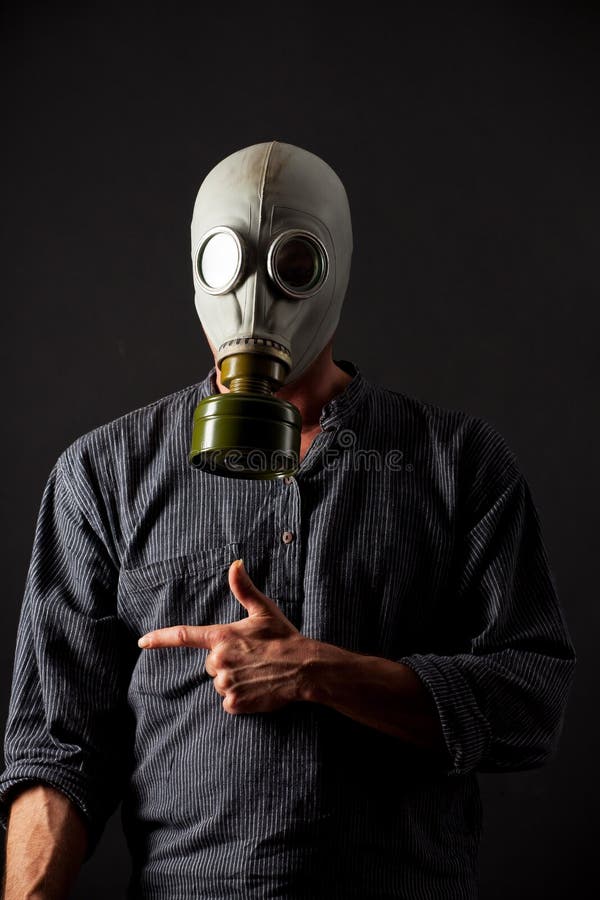
On 23 November 2015, the Government approved an action plan to implement the National Strategy on human rights in the period up to 2020, which include the promise to draft a bill creating registered civil partnerships for opposite-sex and same-sex couples by 2017, among others.

No legal recognition exists for same-sex marriage, nor is there any sort of more limited recognition for same-sex couples. Main article: Recognition of same-sex unions in UkraineĪrticle 51 of the Constitution, adopted in 1996, specifically defines marriage as a voluntary union between a man and a woman. Since 2018, the law no longer makes reference to the concept of "sexual maturity", which existed in the former legislative framework. Additionally, according to Article 152 (since January 2019) sexual intercourse with a person under the age of 14 (regardless of his/her voluntary consent) is considered rape. Īrticle 155 states that sexual intercourse with a person under the age of 16 committed by a person over the age of 18 shall be punishable. The age of consent is set at 16, regardless of gender and/or sexual orientation. Today, the law relates to same-sex sexual activity when it involves prostitution with people under the legal age of consent or public conduct that is deemed to be in violation of public decency standards.
#Smoking gas mask gay code
In 1991, the Criminal Code was revised so as to better protect the right to privacy and homosexuality became legal. In March 2023, a parliamentary bill was introduced for civil unions. In late 2022, parliament unanimously approved a media regulation bill that banned hate speech and incitement based on sexual orientation or gender identity. In the 2011 UN General Assembly declaration for LGBT rights, Ukraine was the only East Slavic country to express its support. Marriage remains limited to heterosexual couples under the 1996 constitution. In 2023 the International Lesbian, Gay, Bisexual, Trans and Intersex Association ranked Ukraine 39th out of 49 European countries in terms of LGBT rights legislation, similarly to EU members Lithuania and Romania. In 2015, the Ukrainian Parliament approved an employment anti-discrimination law covering sexual orientation and gender identity, and in 2016, Ukrainian officials simplified the transition process for transgender people and began allowing gay and bisexual men to donate blood. In a 2010 European study, 28% of Ukrainians polled believed that LGBT individuals should live freely and however they like, the lowest number of all European countries polled except for Russia.

Since the fall of the Soviet Union and Ukraine's independence in 1991, the Ukrainian LGBT community has gradually become more visible and more organized politically, organizing several LGBT events in Kyiv, Odesa, Kharkiv, and Kryvyi Rih. Lesbian, gay, bisexual and transgender (LGBT) people in Ukraine face legal and social challenges not experienced by non-LGBT individuals historically, the prevailing social and political attitudes have been intolerant of LGBT people, and strong evidence suggests this attitude remains in parts of the wider society. Single people allowed to adopt same-sex couples banned Same-sex marriage constitutionally banned. Sexual orientation and gender identity protections in employment ( see below) Gays, lesbians and bisexuals allowed to serve Transgender people allowed to change gender


 0 kommentar(er)
0 kommentar(er)
